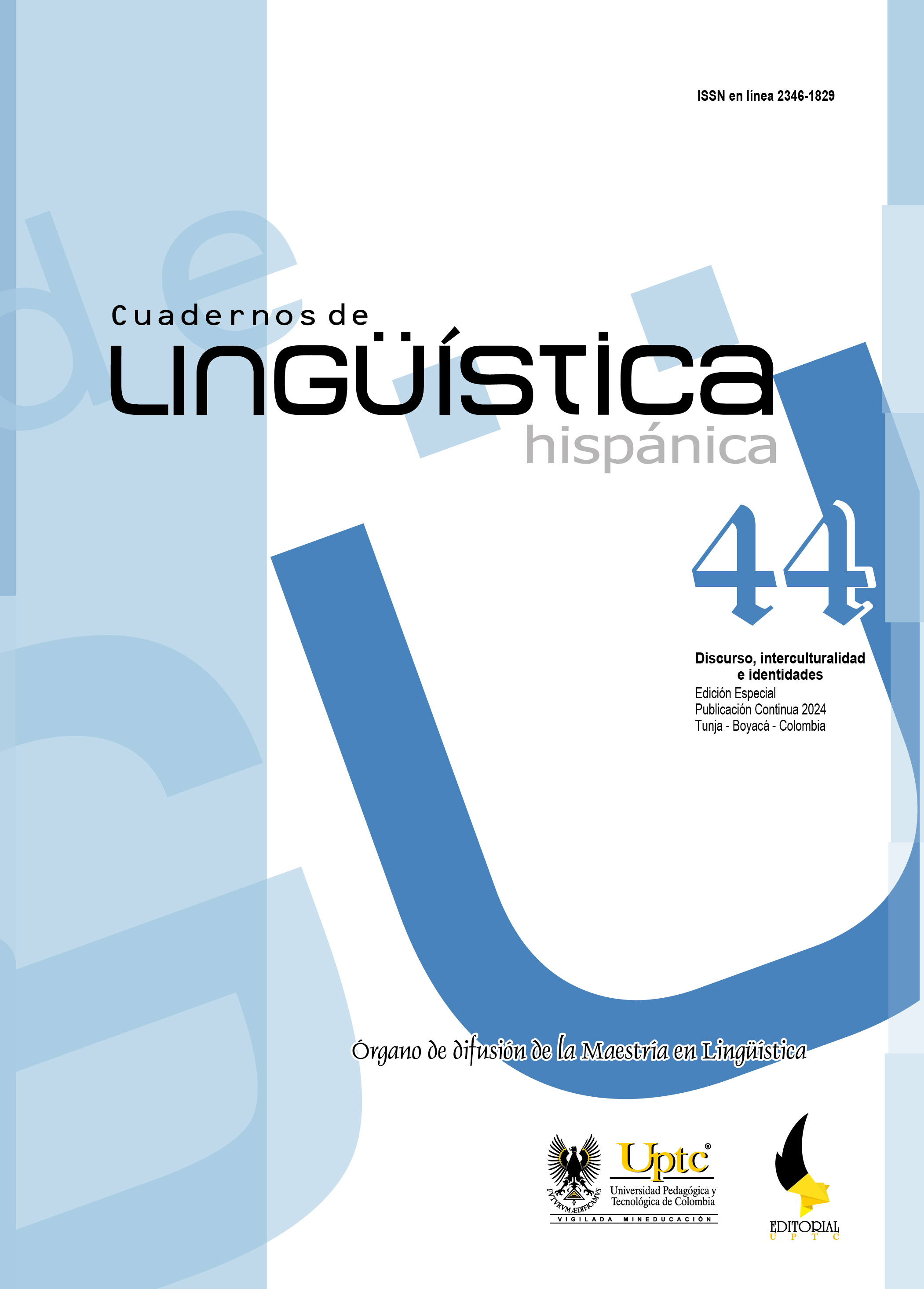Explorations in Culture and Critical Education in Learning for Understanding

Abstract
This article examines the impact of the pedagogical approach of Teaching for Understanding, based on the analysis of the discourse of students of the student group “Eirene” during the year 2023, in the context of their training in social sciences at the College of the Universidad Libre in Bogotá. For this reason, the concept of historical becoming in Nietzsche is used, applying an interpretive paradigm with mixed data collection techniques, specifically through focus groups and journals. Additionally, categories such as understanding, critical stance, culture, and analysis of reality are explored. Thus, the results of the research show that this understanding allows students not only to acquire generic civic competences but, on the contrary, to deconstruct basic definitions and adopt a critical stance toward national reality, highlighting a dialectical process in the understanding and creation of ideas and concepts
Keywords
training, culture, history, understanding, critical stance
References
- Blythe, T. (2002). La enseñanza para la comprensión. Guía para el docente. Paidós.
- Feo, L. (2021). La noción de jovialidad en Nietzsche y la enseñanza actual de la filosofía en Colombia [Tesis]. Universidad La Gran Colombia. https://repository.ugc. edu.co/bitstream/handle/11396/7127/Feo%20Hurtado_Luis%20Carlos_2021. pdf?sequence=1&isAllowed=y
- Gadotti, M. (2003). Perspectivas actuales de la educación. Siglo XXI Editores.
- Hamui-Sutton, A. & Varela-Ruiz, M. (2013). La técnica de grupos focales. Investigación en Educación Médica, 2(5), 55-60.
- Kristeva, J. (1988). El lenguaje, ese desconocido. Editorial Fundamentos.
- Marinkovich, J. (1998). El análisis del discurso y la intertextualidad. Boletín de Filología, 37, 729.
- Ministerio de Educación Nacional de Colombia. (2020). Lineamientos curriculares de Ciencias Sociales. MEN.
- Nietzsche, F. (1972). Más allá del bien y del mal. Alianza.
- Nietzsche, F. (2005a). Ecce Homo (6.a ed.). Alianza.
- Nietzsche, F. (2005b). Genealogía de la moral (7.a ed.). Alianza.
- Nietzsche, F. (2011a). Friedrich Nietzsche. Obras completas. Volumen I Escritos de juventud. Tecnos.
- Nietzsche, F. (2011b). Friedrich Nietzsche. Obras completas. Volumen III. Escritos de madurez. Tecnos.
- Sánchez Vergel, H. H. (2018). El perdón como valor pragmático analizado desde el escepticismo de Nietzsche y la práctica cristiana [Tesis]. Universitaria Agustiniana Uniagustiniana. http://repositorio.uniagustiniana.edu.co/handle/123456789/585
- Stone, M. (2002). La enseñanza para la comprensión en el aula. En M. Stone (comp.), La enseñanza para la comprensión. Vinculación entre la investigación y la práctica (pp. 95-215). Paidós.
